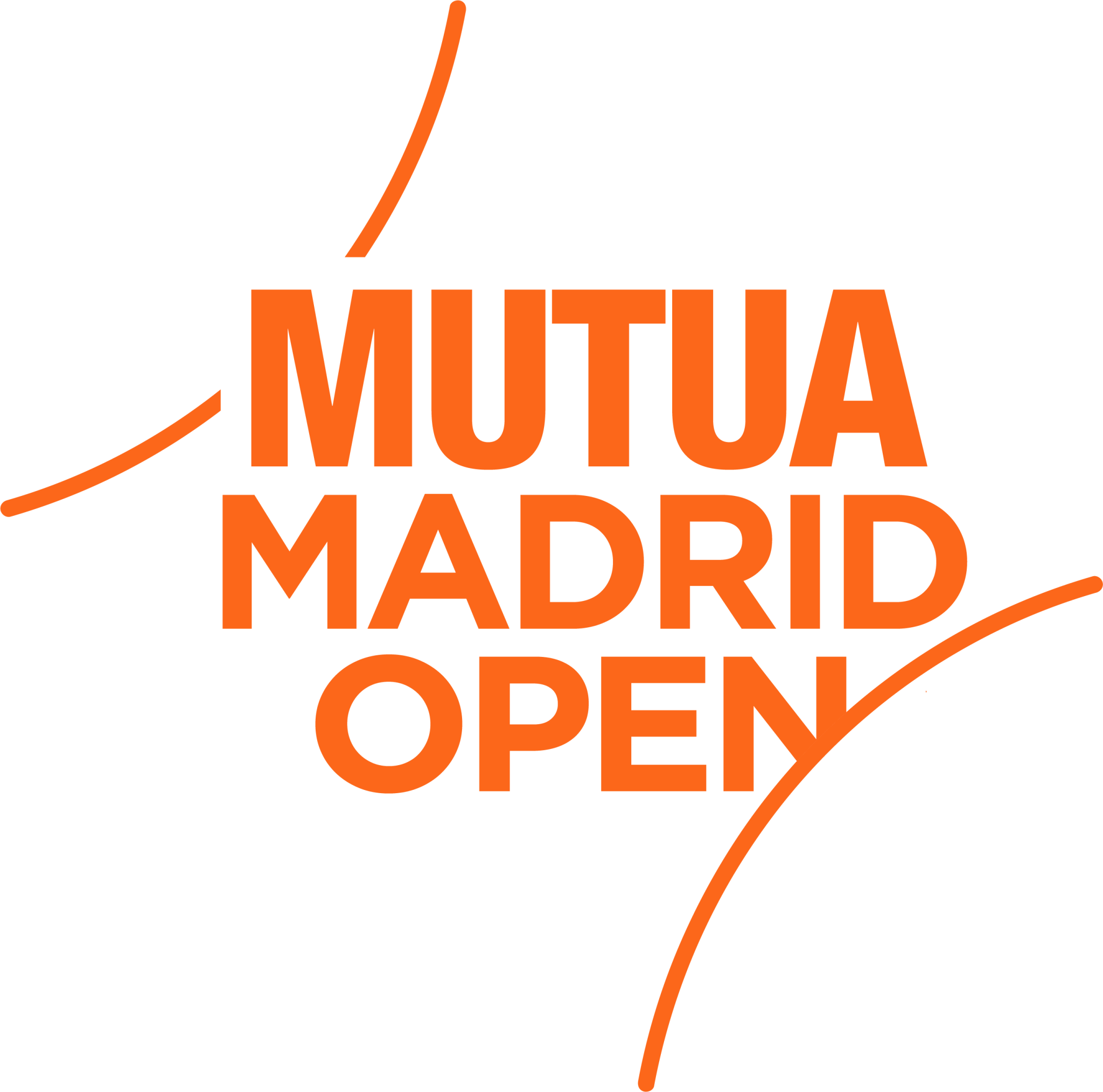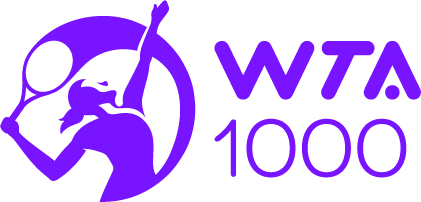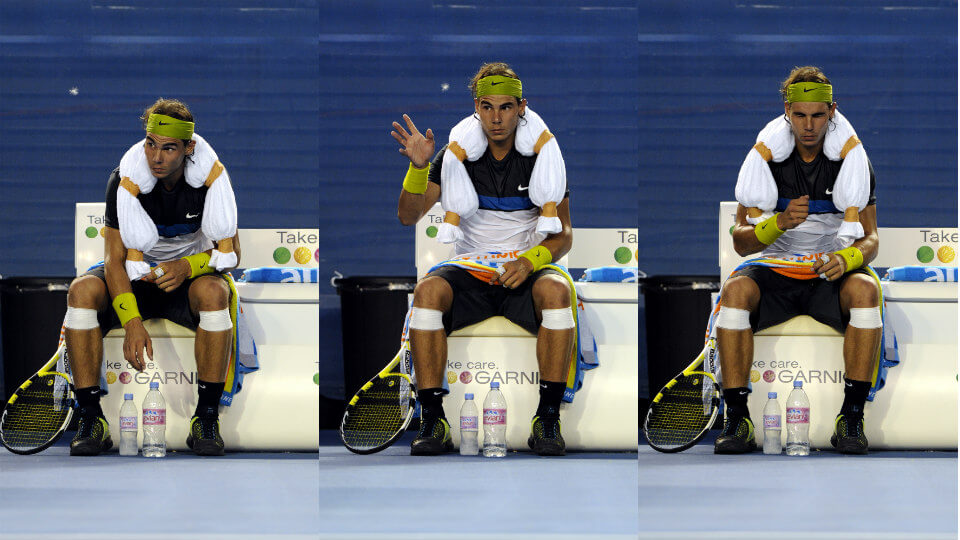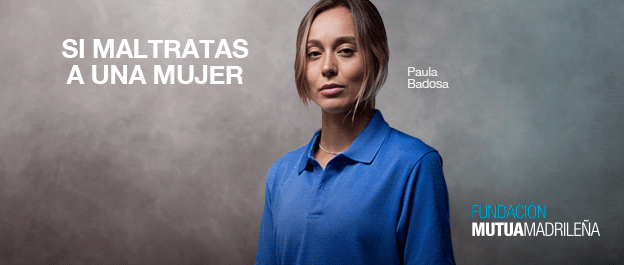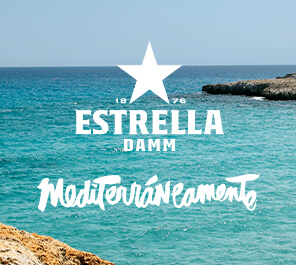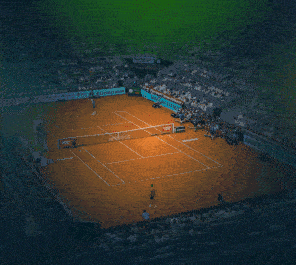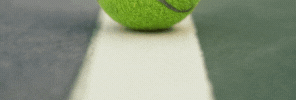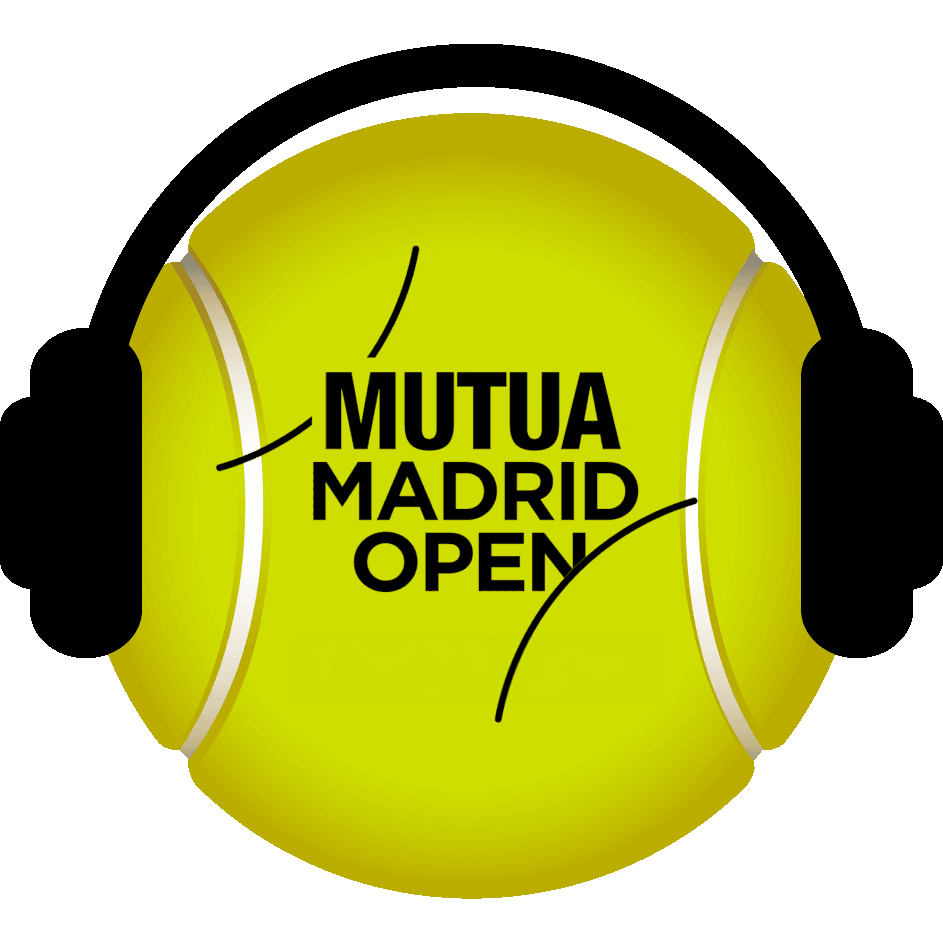A ball of dandelion seeds dances by Rafael Nadal as he sits pensive on his bench. The Spaniard is playing in the semi-finals of the 2009 Australian Open. On the other side of the net sits Fernando Verdasco. The two players are locked in battle for 5h14m and they push each other to the limit. As the match reaches its climax they both look for reasons to believe; ways to convince themselves that victory is possible; company amid the solitude of the court to help them face the demons who whisper that today is their day for defeat. Nadal holds out his arm and makes a fist, as if holding some unseen treasure. He closes his eyes hard and makes a wish. Survive. Win. Reach the final.
Tennis is the epitome of individual sport. Competitors have to face up to the terrible reality of winning or losing alone, without help. Forced to look their fears square in the eye, the best competitors develop techniques with which to escape the pressure or to minimize the mental fatigue of being behind. It is not an easy thing to do. “Tennis is the loneliest of sports”, reflects Andre Agassi, an eight-time Grand Slam champion, in his book Open. “In golf, you play the course – plus you have a caddie – and the game ends at 18 holes. In boxing, you have a corner man and a set number of rounds”, he continues. “In tennis, you’re on an island, with no clock (…) tennis is the loneliest sport that exists. You’re out there, you can’t talk to anybody, you can’t pass the ball, there are no time-outs”, he reminds us. “There’s no coaching”, he says, and “if you look at a tennis player it’s like solitary confinement out there, and what happens in solitary confinement? It always leads to self-talk”.
If the court is an island, then tennis is replete with castaways. Serena Williams, a two-time champion in Madrid and 23-time Grand Slam winner, prays as she competes. Andy Murray, who was crowned champion in the capital in 2015, screams, shouts and spits insults in the direction of his team’s box, who watch on in silence. And Tommy Haas, who has an Olympic medal to his name and was once the world number 2, left us some memorable conversations with himself, from Tommy to Tommy, trying to explain to himself what he was doing there, suffering, losing and trying to make a comeback.
“Too weak, too weak, you can’t win that way”, Haas was heard saying to himself during a match against Nikolay Davydenko, also at the Australian Open. “Why do I do this? Why do I play? Why? What for?”, he asked himself. “I can’t do it! I don’t understand it! I’m competing for nothing!”, he claimed. Then, all of a sudden, after chastising himself; “idiot!”, as if this monologue had flicked a switch somewhere, Haas got out of his seat a new man: “But you’re going to win. You’re gonna win this match! You can’t lose! Fight! Fight!”. And he won. The German’s only victory against the Russian in five matches.
Shut off from the outside world, tennis players seek to calm their nerves and feed their hope. Some talk to themselves. Others, like David Ferrer, bite their towel. A few are hyper-superstitious. Nadal saw the dandelion seeds in Melbourne. He closed his eyes and made a wish. He reached the final. He defeated Roger Federer. Champion in Australia. Conqueror of the title and tamer of his own ghosts.
*Juan José Mateo covered the biggest tournaments on tour for EL PAÍS from 2007 to 2015, was a member of the ITWA (International Tennis Writers Association) and received the Ron Bookman Award from the ATP
